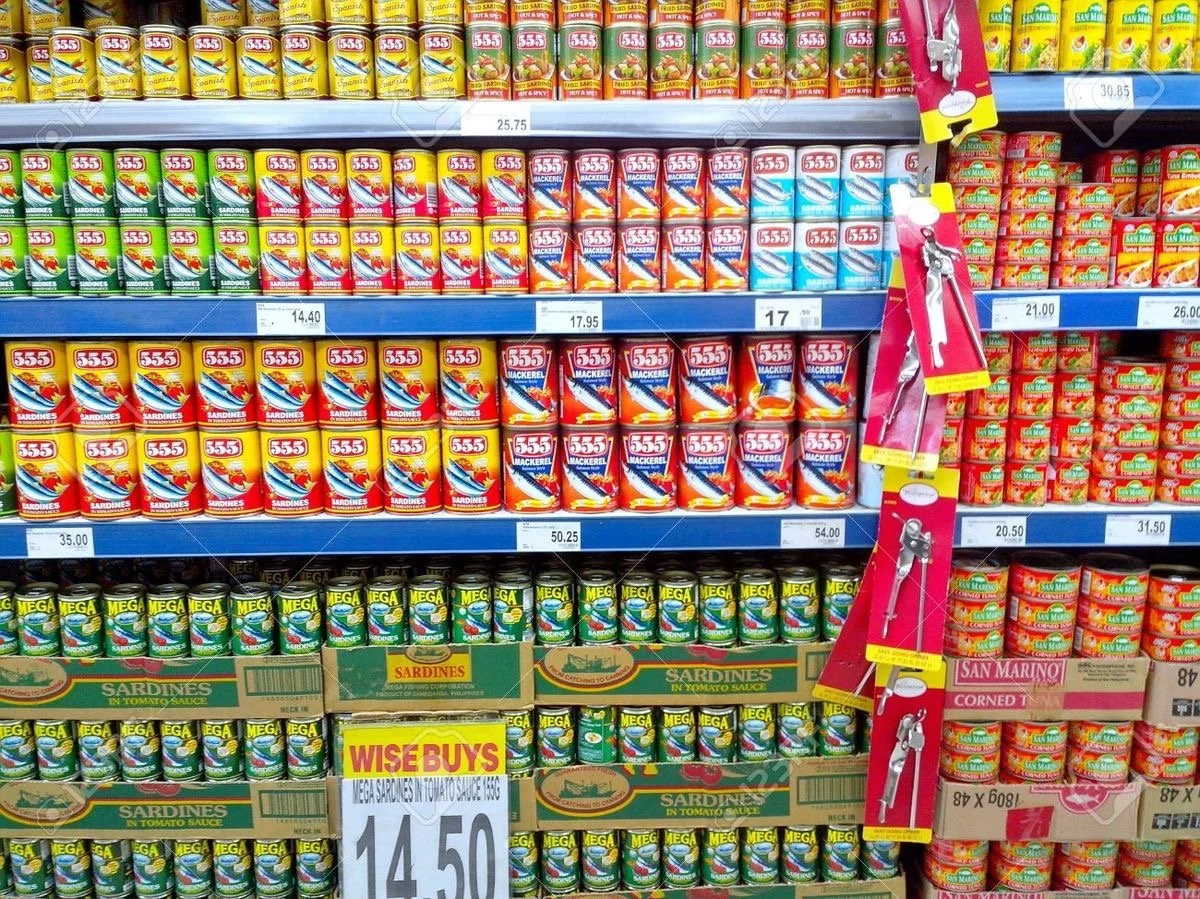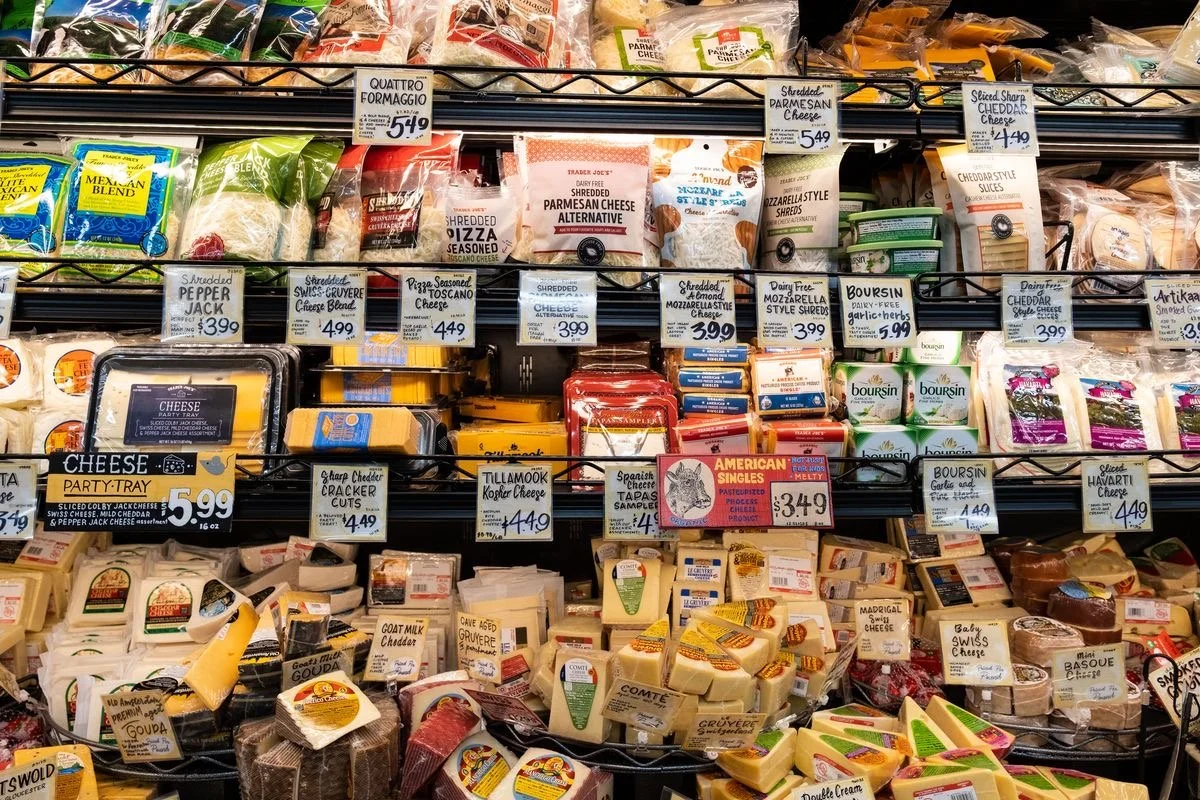Snapping the Stigma: Discussing the Lack of Empathy Around Food Assistance
By Isabella Kelly-Goss
As the government shutdown comes to an end and SNAP benefits are–supposedly–to be restored through next September, a question looms over the heads of American citizens.
Why are so many so afraid of empathizing with those around us who are in need?
The longest shutdown in American history has come to an end, after lasting 43 days. The shutdown not only affected military and federal government workers but also depleted SNAP funds within the first month. This left roughly 1.4 million Americans without pay, and 40 million on SNAP without assistance.
Image Sourced through Pinterest
According to Mark Barna with the American Public Health Association, 13.5% of people in the United States already suffer from food insecurity. Yet, when SNAP was shut down and many people had to turn to food banks, many of those who did not face the same insecurities scoffed, laughed, or turned up their noses.
One since-deleted TikTok, by the username @BlackCali, features a man dancing up and down the aisles of a grocery store.
“When the grocery aisles are so full since the EBT shoppers are at home crying,” reads the caption.
The man, who is wearing a hoodie with a cross on the front and a slogan on the back that reads “Jesus Saves,” dances with a smile on his face.
On X, more commonly known as Twitter, many debates have arisen since the suspension of SNAP funding as to whether or not there should be food restrictions. Many of those opposed to programs like SNAP are calling into question whether or not items like cookies or steak should be included in the groups of food eligible for EBT purchase.
My question is, why should a mother not be allowed to purchase cookies for her child? Why should a family, or even someone who lives alone, not be allowed to eat a nice meal?
Why are so many people afraid and angered by the thought of poor people being able to enjoy nice things, basic and comfortable things, even?
The truth is, many Americans contributing to this stigma have been lied to. They have been told that people receiving SNAP don’t have jobs, that they don’t want to work. This feeds into the angry conversations about those who are using SNAP/EBT to buy themselves foods deemed by the more fortunate as “unacceptable.”
“I’m so sick of these damn freeloaders!!” one X user named @saltygoat17 wrote. “If you DON’T WORK you DON’T GET TREATS!!... Who else is REALLY getting tired of these ungrateful leeches?!?”
SaltyGoat’s post was in reference to a video about a young woman speaking on the entitlement of those who say SNAP recipients don’t need popsicles or brownies.
The truth is that nationwide, 62% of SNAP participants are in families with children. Over 37% are in families with elderly or disabled members.
Children, the elderly, and the disabled are just as deserving as those who are able to work jobs. The point of any government is to look after the welfare of its citizens and residents, yet these people are being told they do not deserve more than raw vegetables and uncooked meat. Pre-packaged foods, bagged snacks, and pre-cooked meals can be essential for those who are physically unable to hold jobs.
However, more than 38% of SNAP recipients nationwide still have jobs anyway. But that does not mean they do not require assistance or face food insecurity. In fact, this can easily be attributed to the reality that the federal minimum wage has not changed from $7.25 since 2009. While many states have elevated the minimum, states like Alabama, Idaho, Kentucky, Louisiana, New Hampshire, North Carolina, and more have not.
Image Sourced through Pinterest
According to Caitlin Nchako of the Center on Budget and Policy Priorities, the average household in Alabama that receives SNAP is usually given around $320 a month, closer to $550 with children. Without getting into too much math with it all, let me spell it out plain and simple:
With the most recent data from News Wire, the average family of four spends approximately $257.50 per week for groceries.
Assuming both parents are able-bodied and working 40 hours a week for minimum wage, they would still make only $580 a week, combined. This means just a little under half of both parents' earnings would be required to go towards food.
So why are people so against showing basic kindness to those in need? My theory is that they simply do not realize just how close they are to being in the same situation. Many people who look down on those in need of monetary assistance feel a sense of superiority, like they work hard and can survive without assistance, so why can’t everyone?
But the truth is, most Americans are one missed paycheck away from needing assistance or even being homeless. Research from the U.S. Department of Housing and Urban Development shows that roughly 59% of Americans are estimated to be one or so paychecks away from homelessness.
But, the people who are telling you SNAP recipients are free-loaders? They’re not.
Elon Musk, who has openly said that he believes SNAP and Welfare Programs are filled with fraud and undocumented immigrants, has a net worth of almost $500 billion. Secretary of Agriculture Brooke Rollins, who will now force all SNAP recipients to go through the application process all over again, has a net worth estimated to be somewhere between $1 to $5 million.
It would take over 66,300 years, working 40 hours a week at $7.25 and spending none of it, to reach $1 billion. It would take 66 years just to reach $1 million.
They are not one paycheck away from homelessness, but you just might be.


